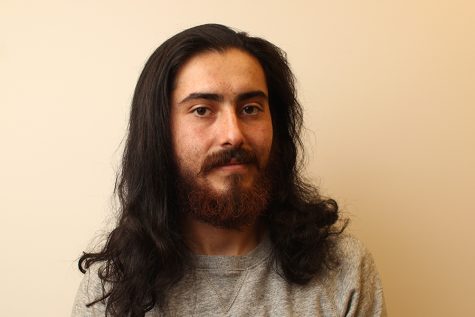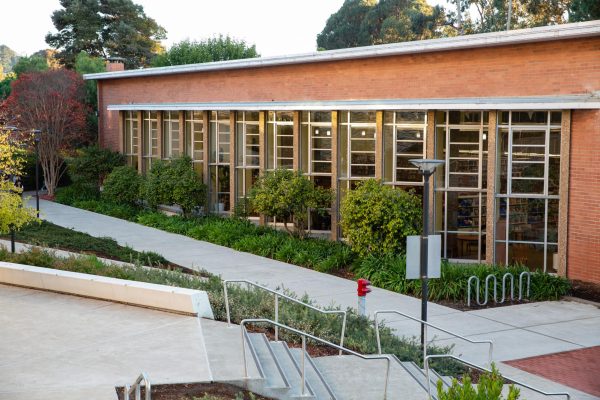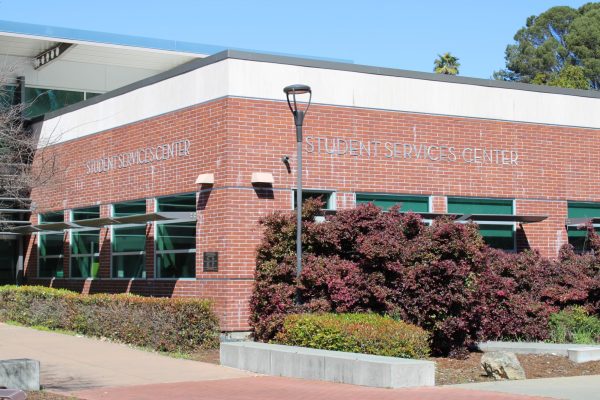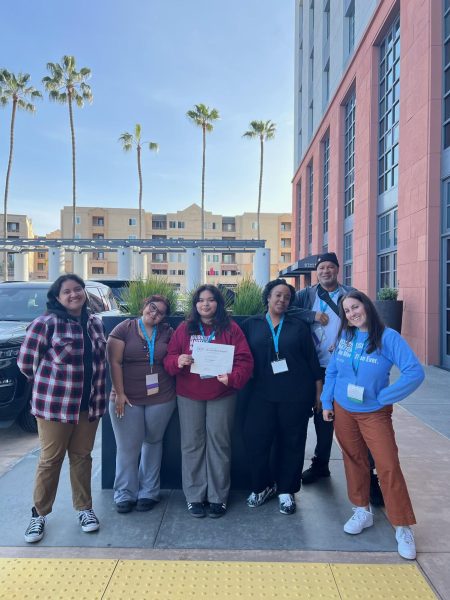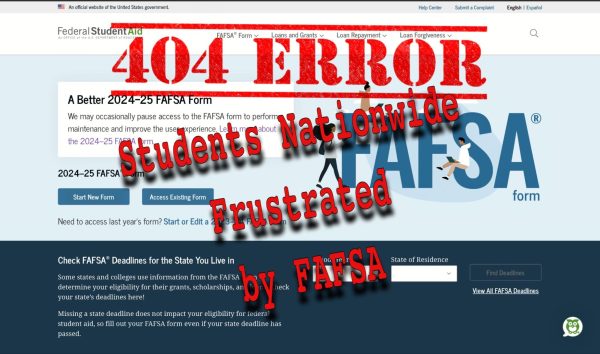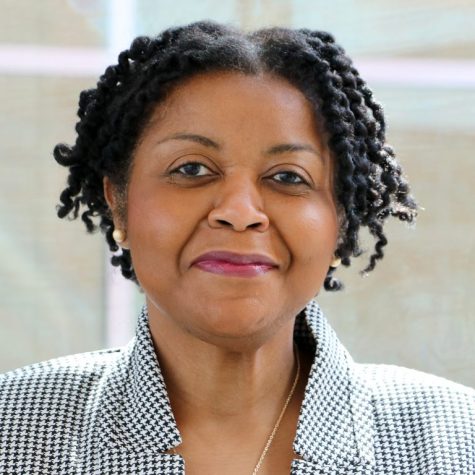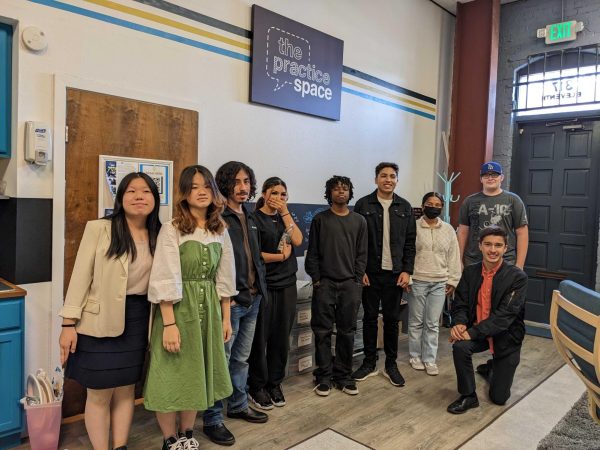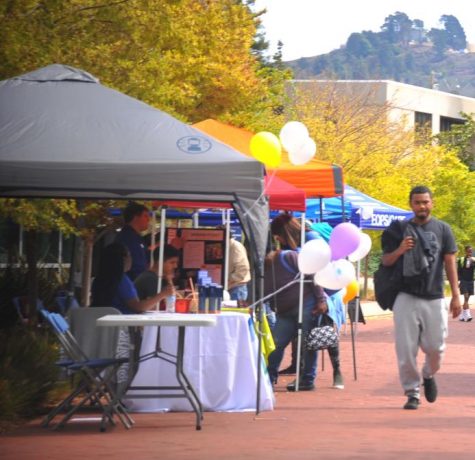‘Mobile access’ pushes statewide online initiative
Chancellor’s office selects Canvas as its primary online education platform
October 29, 2015
The California Community College Chancellor’s Office is offering its campuses a chance to transition from other online learning platforms to Canvas for free through its Online Education Initiative (OEI).
Vice Chancellor for Communications Paul Feist said OEI is providing Canvas’s online services at no cost to its 113 colleges that sign up before the January deadline until the 2018-19 academic year.
After 2019, Feist said the state plans to absorb approximately two-thirds of the cost for colleges that have adopted Canvas as the state’s primary platform for online learning.
“The later years will be more expensive,” he said. “running from $2 million to $7.5 million (annually) depending on the number of colleges involved (with OEI).”
OEI Statewide Program Director Steve Klein said this statewide push is only possible because of Gov. Jerry Brown’s special education initiative that granted $56.9 million this year to increase student’s ability to complete educational goals through an online platform that is easy to use and accessible on mobile devices.
“Students want mobile access (to online learning platforms). If institutions are unable to respond to the need of students then what are they doing to support the success of their students?”
In support of the statewide push, the Contra Costa College Academic Senate unanimously endorsed that the district Governing Board vote to join OEI on Oct. 19.
Currently, all three campuses in the Contra Costa College Community District use Desire 2 Learn as their online education platform — but the Diablo Valley College and Los Medanos College academic senates have yet to give their endorsement.
Interim President Mojdeh Mehdizadeh said the endorsement comes only three years after the district contracted D2L to be its online education platform.
District Director of Financial Services Jonah Nicolas said the district paid $365,000 this last fiscal year on D2L.
“We all hate the way email works with D2L,” LAVA Division representative on the Academic Senate Rick Ramos said. “The (Canvas) grader notifies you what assignment you have not graded because sometimes you get tired while grating and miss a couple. CCC also struggles with FTES (state funding per 15 units). But OEI course exchange give us the opportunity to teach courses to students from across the state and bring in needed revenue — And (Canvas) is a lot easier to use than D2L.”
CCC’s Academic Senate gave its recommendation during its meeting on Oct. 19 in AA-207 after district Distance Education Committee Co-Chairperson Judy Flum presented the results of an online learning management survey that 40 professors answered.
Before the meeting, DDEC organized demonstrations to inform people about the state’s offer on Oct. 12 and 13 at all three of the Contra Costa Community College District’s campuses — CCC’s Academic Senate is the first to support OEI and an 18-month long migration from D2L to Canvas.
Klein said the Chancellor’s Office offering Canvas for free is part of OEI’s push to unify its college campuses using a common course management system that will provide students with 24-7 technical support, tutoring, resource tools and a course exchange program.
Klein said Canvas, developed by the software company Instructure, was selected to be the common course management system for the state through a request for proposal process that began in October of last year.
“After rounding it down to three applicants, Canvas, Blackboard and Moodle, checks were conducted of each vendor by visiting two colleges that use each of these systems,” he said. “We met with faculty, students, business offices, student services, staff, DSPS staff and IT directors — We basically spent half a day at each college learning if everything written in their requests for proposal was true.”
District Director of Communication Tim Leong said before the Governing Board can make a decision, it must speak with its Consultation Council that is comprised of college presidents, distance education chairpersons and academic senate presidents from LMC, DVC and CCC.
Mehdizadeh and Leong said the Governing Board is scheduled to meet with the Consultation Council on Nov. 10.
Discussions continue to develop leading up the district decision on Dec. 9 if it aims to meet the January deadline.


